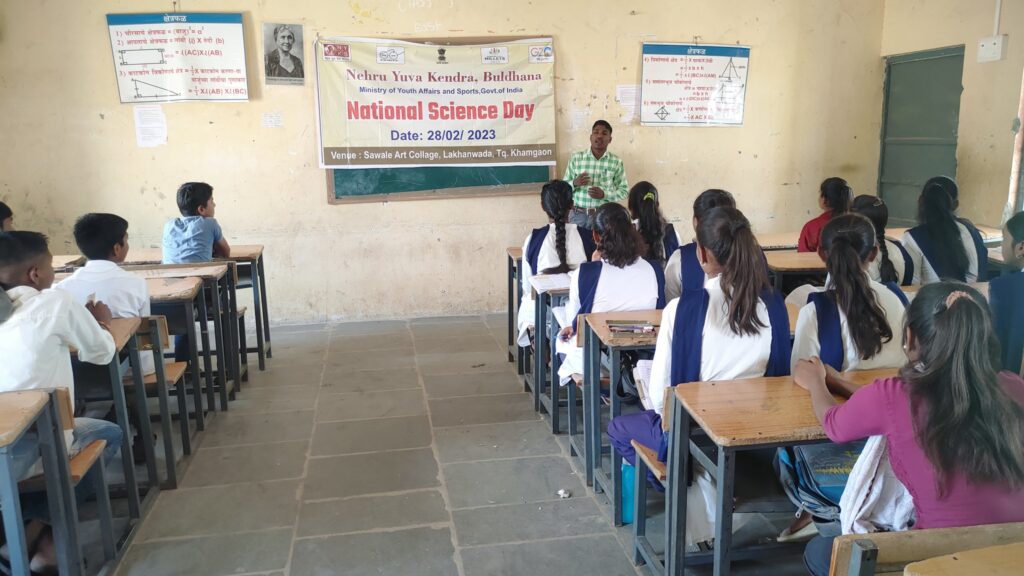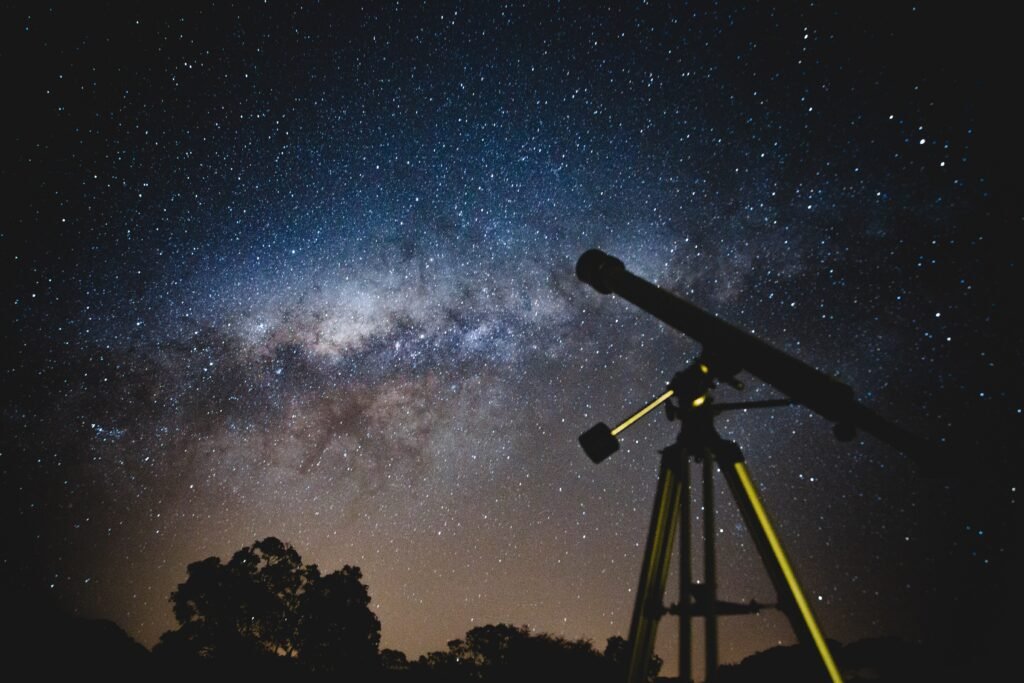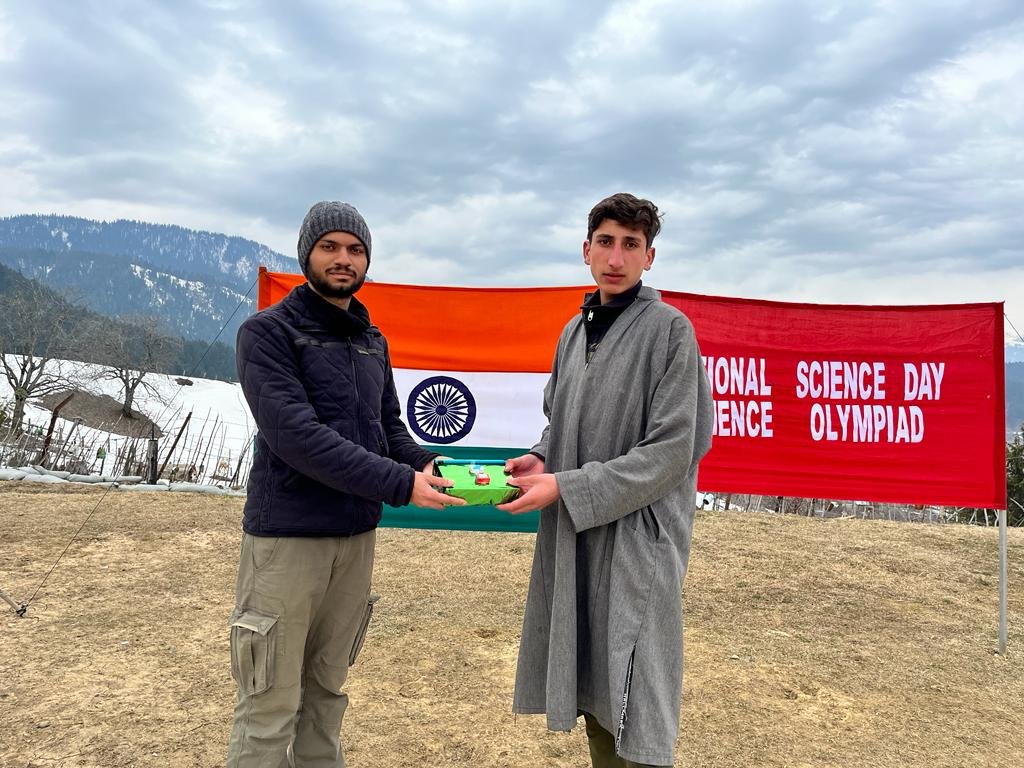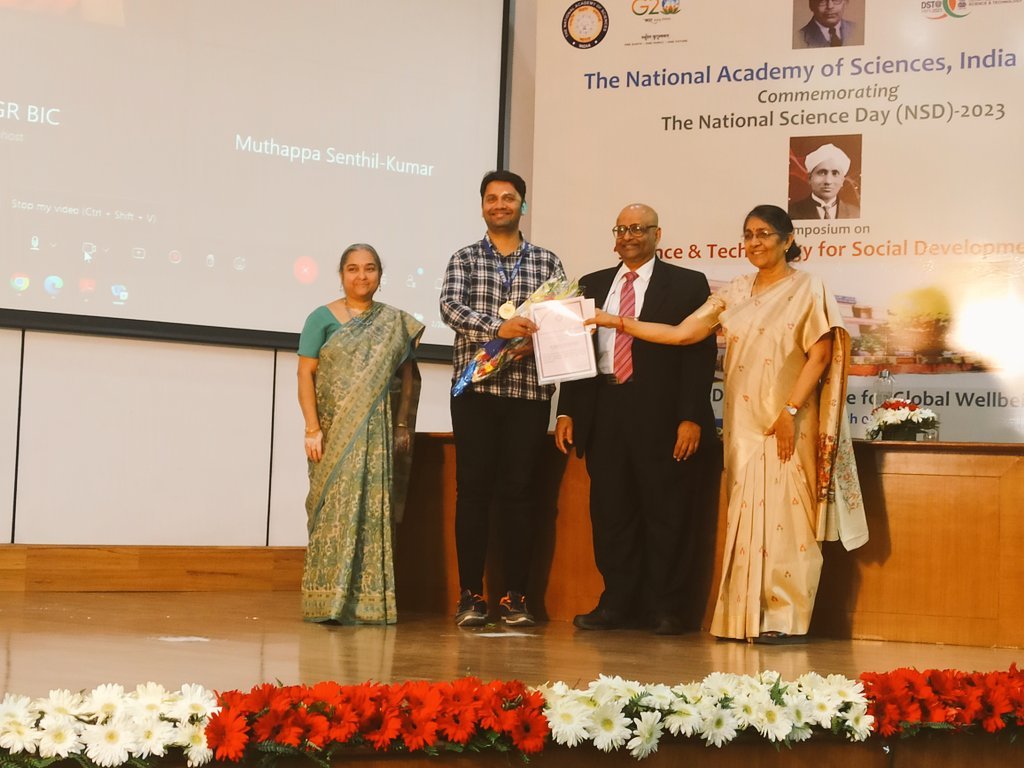New Delhi: On National Science Day (February 28), the National Awards for Science and Technology Communication for the year 2022 were presented to the science communicators who have contributed to developing scientific temper among the masses.
Since 1978, every year these awards are presented by the National Council for Science and Technology Communication (NCSTC), Department of Science and Technology, Government of India to individuals and organizations that have made a significant contribution to science and technology communication. On this occasion, the winners of ‘AWSAR’ (Augmenting Writing Skills for Articulating Research) competition were also awarded.

National Awards for Science and Technology Communication are given in six categories by the NCSTC. AWSAR is an initiative that aims to disseminate Indian research stories among the masses in a format that is easy to understand and interesting for a common person.
Under this initiative, Ph.D. Scholars and Post- Doctoral Fellows (PDFs) in science and technology streams are encouraged to write at least one popular science article during the tenancy of their fellowship and to participate in the national competition.
The theme of the National Science Day for the year 2023 is ‘Global Science for Global Welfare’. Dr. Jitendra Singh, Union Minister of State (Independent Charge) Science, and Technology; Minister of State (Independent Charge) Earth Sciences; Minister of State PMO, DoPT, Atomic Energy and Space, while congratulating the award winners, said that celebrating the National Science Day is special for everyone as it lets us commemorate the legacy of Dr. C.V. Raman.

Minister said that this year’s theme is aligned with India’s assumption of the G-20 Presidency, when India is making the world realize the various facets of global well-being. Our integrated holistic health management has been globally well-accepted during the pandemic. He said, the world is looking up to us, as India has indicated itself with definite markers: our position has jumped from 81 to 40th rank in Global Innovation Index, in Scientific publications it has come up to 3rd place from the 6th, and it is at the third place globally in the start-up ecosystem.

Dr. Ajay K. Sood, Principal Scientific Adviser to the Government of India, said that after the COVID-19 pandemic, the world now has come together in fighting global challenges with the help of science and technology.

Former Principal Scientific Advisor to the Government of India, Prof. K. Vijay Raghavan delivered the special lecture on ‘The brain in health and illness’. In his lecture he explained the functioning of the human brain and how the ongoing research on mapping the synapses in the brain will help in mapping the connections, leading to better management of ailments related to the functioning of the brain.

Dr. Srivari Chandrasekhar, Secretary, of the Department of Science and Technology, said, “The DST has received an enhanced budget this year. The investment in S&T endeavours and new thrust given to several initiatives will directly benefit the common man as translated into prosperity and general welfare of the masses.” He also acknowledged the efforts of the scientists and the science communicators who have been a part of this process.

Five publications were released during the event. ‘Women Engineers in India (Vol. 1)’; ‘Landmark Achievements in Engineers and Technology in Independent India’; ‘Technological Preparedness for Dealing with National Disruptions’; ‘Selected Popular Science Stories for the Year 2021′, and ‘Vigyan Vidushi – 75 Women Trailblazers of Science’.

The National Award for Outstanding Efforts in Science & Technology Communication in General (Category A) was awarded to Karnataka Science and Technology Academy. The National Award for Outstanding Efforts in Science & Technology Communication through Print Media Including books and magazines was presented to Prof. Mayadhar Swain of Bhubaneswar, Odisha and Dr Biju Dharmapalan, a freelance writer from Thiruvananthapuram, Kerala.
In Category C, The National Award for Outstanding Efforts in Science and Technology Popularization among Children was presented to Dr Krishnarao Appasani, a Biochemist from Hyderabad and Dr Uday Kumar Kakroo, Director, Millennium India Education Foundation, New Delhi.

Tarun Kumar Jain, editor of Vaigyanik Dristikon, published from Jaipur, received the National Award for outstanding efforts in translation of popular science and technology literature in languages mentioned in the Eighth Schedule of the Constitution of India and in English (Category D). In Category E, the National Award for Outstanding Efforts in Science and Technology Communication through Innovative and Traditional Methods was presented to Anjan Banik, an Assistant Teacher from Agartala, Tripura. In Category F, the National Award for Outstanding Efforts in Science & Technology Communication in Electronic Medium was presented to Rakesh Andania, a Science Editor/Science Film Maker from New Delhi.

AWSAR awards in six categories were also presented to the recipients. The first prize for the best paper in the postdoctoral category was awarded to Dr. Amritesh Kumar, a researcher at the Indian Institute of Technology, Madras. Neha Parashar, a research scholar of IIT Patna received the first prize in the Ph.D. category. The second prize in the PhD category was awarded to Anis Fatema, Research Scholar, International Institute of Information Technology, Hyderabad, and Ankush Purushottam Wankhade, Mahatma Phule Krishi Vidyapeeth, Rahuri, Maharashtra. The third prize in the Ph.D. category went to Rohini B, a Research Fellow, CSIR-CFTRI, Mysore, and Monika Pandey, a research scholar at the University of Hyderabad, Hyderabad.
